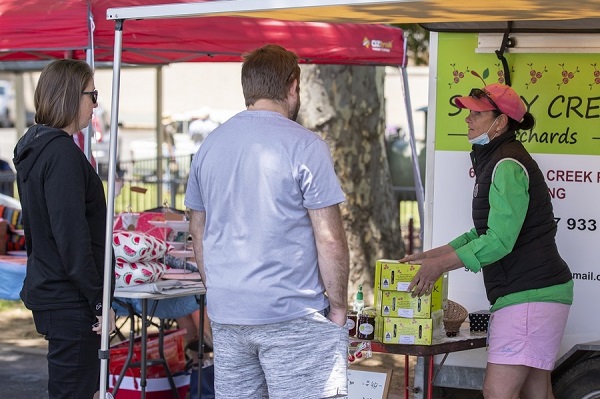Canberra, (Asian independent) Australia has recorded its highest rate of inflation in more than 20 years, with consumers paying more for everything.
According to data released by the Australian Bureau of Statistics (ABS) on Wednesday, the Consumer Price Index rose by 1.8 percent in the June quarter and 6.1 per cent over the last 12 months.
It is the highest figure since 2001 and the second-highest quarterly increase since the Goods and Services Tax (GST) was introduced in 2000, Xinhua news agency reported.
Automotive fuel prices rose by 32.1 per cent in the 12 months to June and the price of new houses by 20.3 percent.
“Shortages of building supplies and labour, high freight costs and ongoing high levels of construction activity continued to contribute to price rises for newly built dwellings,” said Michelle Marquardt, head of Prices Statistics at the ABS.
“The CPI’s automotive fuel series reached a record level for the fourth consecutive quarter. Fuel prices rose strongly over May and June, following a fall in April due to the fuel excise cut.”
The cost of vegetables rose by 7.3 percent in the June quarter alone and that of fruit by 3.7 per cent as a result of catastrophic flooding across much of the east coast earlier this year.
The ABS said the supply chain disruptions due to flooding events, labour shortages, and rising freight costs contributed to higher prices.
Responding to the data, Treasurer Jim Chalmers warned it would “get tougher” for Australians “before it gets easier” towards the end of 2022.
Chalmers will on Thursday deliver a ministerial statement on the economy to Parliament, which he said would be “confronting.”
“It is not news to millions of Australians who feel its inflation challenge, every time they go to the supermarket and every time the bills arrive,” he told reporters on Wednesday.
“This inflation outcome today mirrors the lived experience of Australians who are doing it tough right now.”
The figures are expected to prompt the Reserve Bank of Australia (RBA) board to raise interest rates at its meeting next week.








